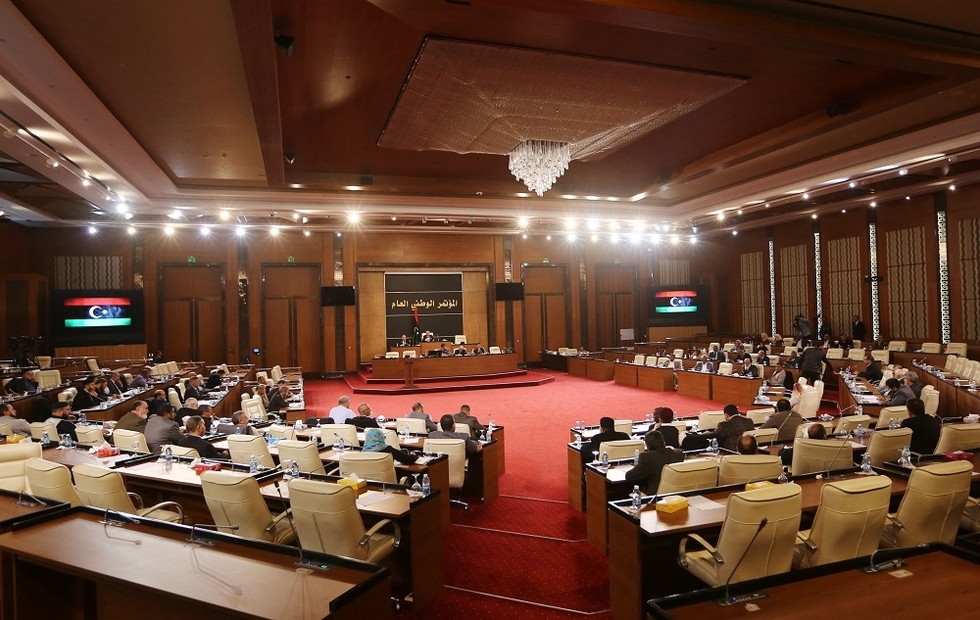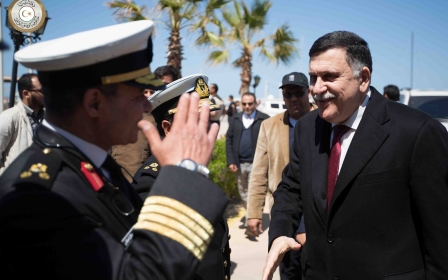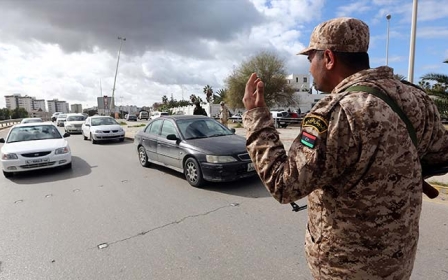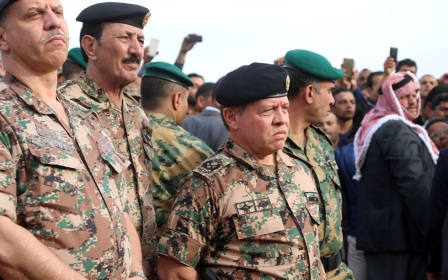10 key Libya cities lend support to UN-backed unity government

Ten Libyan cities formerly under control of the non-recognised government of Tripoli have broken away and pledged their support to the UN-backed government, one of the municipalities announced online on Thursday.
The news marks as a major blow to the unrecognised authority in Tripoli that refuses to give up power.
The announcement came in a statement on the official Facebook page of the Sabratha municipality, after a meeting among representatives from the 10 coastal cities in the west of Libya located between Tripoli and the border with Tunisia.
The statement called on all Libyans to "support the national unity government" and welcomed the arrival of Prime Minister-designate Fayez al-Sarraj along with several members of his cabinet to the capital.
The group also asked the internationally recognised government to "put an immediate end to all armed conflicts across Libya".
The leader of Libya's unity government arrived in Tripoli promising to "turn the page" on the country's troubled post-Gaddafi era despite opposition to its authority from two rival parliaments already vying for control.
Sarraj, named prime minister-designate under a UN-brokered power-sharing deal, arrived from Tunisia on Wednesday with six deputies to set up a temporary seat of power in a naval base.
The six deputies are members of the Presidential Council, which was established based on a UN-mediated deal signed by splinter groups from the two parliaments last year. The council formed the new unity government headed by Sarraj.
In a related development, the UN Security Council said on Thursday it was ready to consider changes to sanctions on Libya's sovereign wealth fund once the unity government confirms it has control of it, along with the National Oil Corporation and the central bank, Reuters reported.
The fund's total assets were valued at around $67bn in December 2012.
The non-recognised government of Tripoli has branded the arrival of UN-backed Sarraj illegal, demanding he leave or surrender.
Libya has had two administrations since mid-2014 when the militia alliance overran Tripoli, setting up its own authority and forcing the internationally recognised parliament to flee to the country's remote east.
The country has plunged into chaos and fighting between rival military factions after the death of dictator Muammar Gaddhafi in 2011, killed following a Western-backed military intervention in the country.
New MEE newsletter: Jerusalem Dispatch
Sign up to get the latest insights and analysis on Israel-Palestine, alongside Turkey Unpacked and other MEE newsletters
Middle East Eye delivers independent and unrivalled coverage and analysis of the Middle East, North Africa and beyond. To learn more about republishing this content and the associated fees, please fill out this form. More about MEE can be found here.




